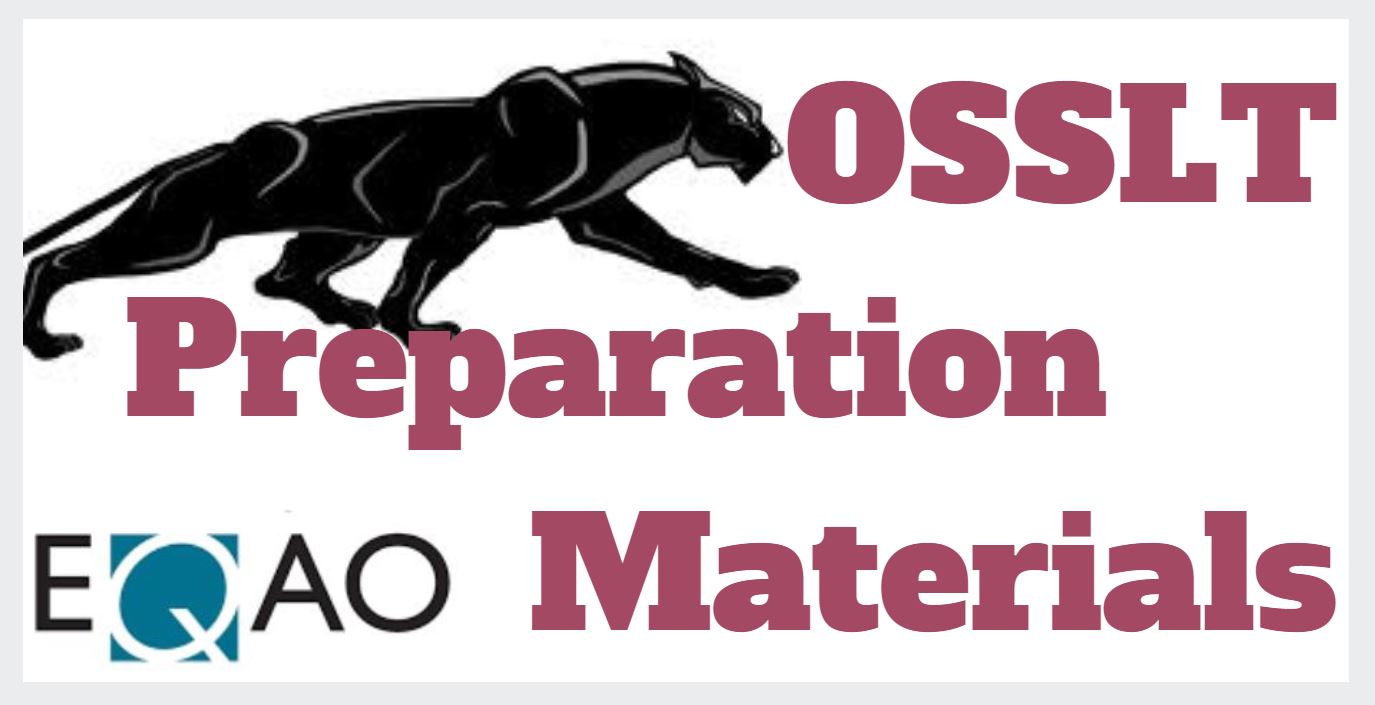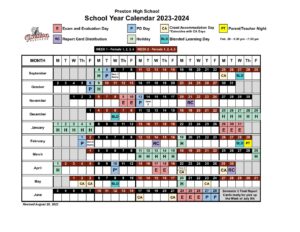Welcome to the English Department!
In the PHS English Department, you have the opportunity to explore a variety of texts. You’ll write, speak, and create media products with purposes and for audiences that are relevant to you.
Here, you’ll experience:
open-ended, project-based, and self-directed learning
guided instruction to establish and refine specific skills and knowledge
various traditional texts, texts chosen by you, Indigenous texts, etc.
Additionally, under the umbrella of the English Department is Drama, which we encourage you to also explore.
Department Staff
| Ms. Bekendam | amanda_bekendam@wrdsb.ca |
| Mrs. Benevides | oriana_wattsbenevides@wrdsb.ca Assistant Department Head |
| Mrs. Blaak | karen_blaak@wrdsb.ca Department Head |
| Teacher Doyle | jillian_doyle@wrdsb.ca |
| Ms. Geimer | cindy_geimer@wrdsb.ca |
| Ms. Kiff | angela_kiff@wrdsb.ca |
| Ms. Sabet Sarvestany | sarina_sabetsarvestany@wrdsb.ca |
| Mr. Spacek | patrick_spacek@wrdsb.ca |
| Mr. Thompson | justin_thompson@wrdsb.ca |
Student FAQs
Q: I’ve never taken “English” before – what is it?
A: English is all about communication. At the heart of it, it’s about…
learning to process how texts communicate with you and
learning about how effectively communicate about what you’ve learned from those texts.
The Ontario English Curriculum, much like the Language Arts curriculum, explores ways for students to explore a variety of information in a variety of ways through:
Listening
Reading
Consuming Media
It then guides you through expressing a variety of messages designed for specific and relevant audiences using
Speaking
Writing
Media Creation
Q: What if I’m not good at reading and writing? I feel like I’m not going to be good at English at all.
A: First, remember that English is more than reading and writing. You’ll listen, consume and analyze media, receive a lot of support crafting your writing, and working to deliver information in unique ways overall.
And remember: the whole process of education is to take you from a place of not knowing to knowing. We are here to teach you how to use your strengths to support your learning.
Q: Speaking is part of the English curriculum, but I am super shy and I hate speaking in public. What do I do?
A: You’re right – public speaking can be a challenge. Actually, it’s a challenge for everyone. We tend to dislike the very things we need to practice, so the first thing is to get practice.
We will help you get that practice by creating opportunities for you to get more comfortable with speaking, and then more comfortable speaking in front of others. We also create space for a wide range of spoken products. Not every spoken product is a full-class presentation. These all count as well:
small-group chats
recorded podcasts
interviews (recorded / in person)
conversations
debates
tutorials / instructional / persuasive talks
videos
spoken-word poetry
seminars
etc.
Parent FAQs
Q: What’s the workload like? What are the assessments like? How much homework should we expect to accommodate in the evenings?
A: This entirely depends on the class type, teacher, and student, but here are some examples of the choices individual teachers may make for their classes:
WORKLOAD
Classes often embed the assignments, formative work, instructional activities, and discussion right into the time allotted for the class each day. This means that if students engage as expected, they will be able to complete all of their work before leaving class. Completion of work in class often does depend on students and their dedication to using this class time wisely.
Classes will often entail homework throughout the semester, which may include working on spoken, written, and media creation projects that span over a unit or other period of time.
Some courses involve more self-directed learning that students design for themselves and can work on at their own pace.
MATERIALS
Some teachers assign core reading materials (novels, plays, etc.). Other teachers may offer more choice in terms of core reading. We work to create opportunities for students to read a wide range of authors, backgrounds, lived experiences, identities, etc. We also work to offer fiction, nonfiction, longer texts, shorter texts, poetry, etc.
ASSESSMENTS
Assignments are tailored to each grade level.
Teachers work to create some consistency among courses, though you may notice that your grade 9 English course is taught a bit differently than your friend’s grade 9 English course; this is because each teacher designs courses for the needs in the room while also factoring in your teacher’s own areas of expertise and knowledge.
Rest assured: we always design learning through the Ontario Curriculum’s Essential Learning targets, and assessments include:
formative activities that allow teachers to observe student learning
conferencing with students to offer feedback on their learning
final assessment products that fairly represent student growth
A major focus in this department is the assessment of skills and knowledge rather than working through texts and tasks; we are concerned with the learning and with teaching students how to engage with ideas; assessment products and how teachers offer feedback on those assessments are both driven by the Essential Learnings in English.












